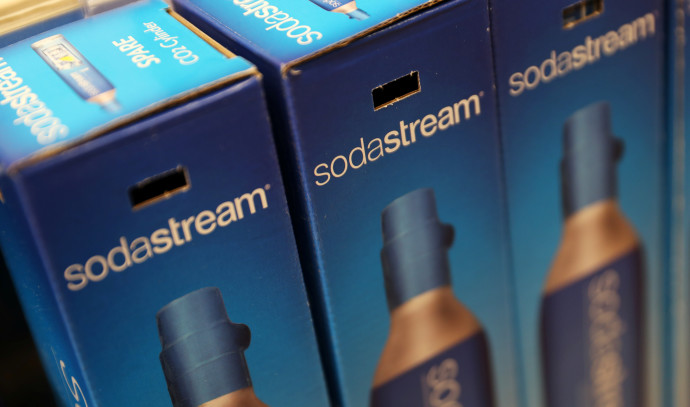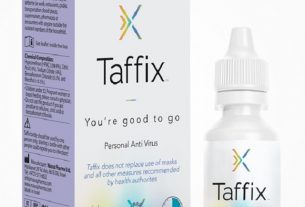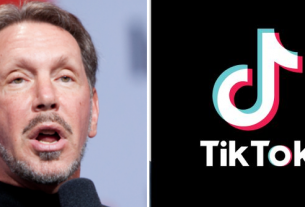SodaStream, the Israeli-based company that manufactures home carbonation devices, has announced that it will be laying off 70-80 employees, which accounts for approximately 3% of its total workforce. The decision is the third wave of layoffs for the company in the past 18 months, with 300 employees losing their jobs in October 2021 and another 120 being laid off in December 2022.
According to a statement from the company, the layoffs are a result of a “worldwide weakening trend in demand for small household consumer products,” such as SodaStream’s proprietary device.
“In recent years, SodaStream has increased the size of its workforce in order to respond to the growth that has supported the company for a long time, and even more so during the Covid period,” the statement read, also highlighting “the worsening of the global economic situation” as a cause for the company’s decision, before adding that “current production forecasts reflect this trend and a return to previously known demand levels.”
SodaStream, which was bought out by PepsiCo in 2018 and markets its products in 48 countries, currently has 3,800 employees worldwide, with 2,000 based in Israel. The company’s manufacturing takes place in Israel, except for gas refills, which are made in Europe. As part of its acquisition agreement with SodaStream, PepsiCo is committed to keeping the company’s factory in southern Israel operating for 15 years.
“The current workforce reduction, amounting to approximately 3% of the company’s total employees, is a continuation of previous cuts and part of the overall streamlining plan formed by the company due to the aforementioned changes,” said the company.
SodaStream has stated that it will provide assistance to employees through redundancy grants as well as help in finding alternative jobs.
The tail end of a firing storm?
Last year, SodaStream laid off 120 workers from its southern Israel production plant.
SodaStream issued a statement noting that, despite a predicted return to pre-pandemic levels of business, “the company is exposed to volatile global market conditions that have an impact on its business.
“All these things oblige us to introduce efficiency measures and to adapt to the new business reality, including in the company’s workforce. After deep thought, the painful decision was made to cut the company’s global workforce by 5%,” the statement read.
This was part of a hefty wave of hi-tech layoffs that company leaders largely blamed on market instability due to pandemic aftermath and the war in Ukraine.
In October, telehealth platform Antidote Health announced the layoff of 43 people, just over 28% of its total workforce.
“Antidote, like all companies which believe in their vision, and their existing and future products, and considering the uncertainty in the financial markets, is taking action on all fronts in order to streamline, and preserve its cash,” the statement read. “In order to adjust to the situation in the market, we have been forced to make changes to our workforce.”




